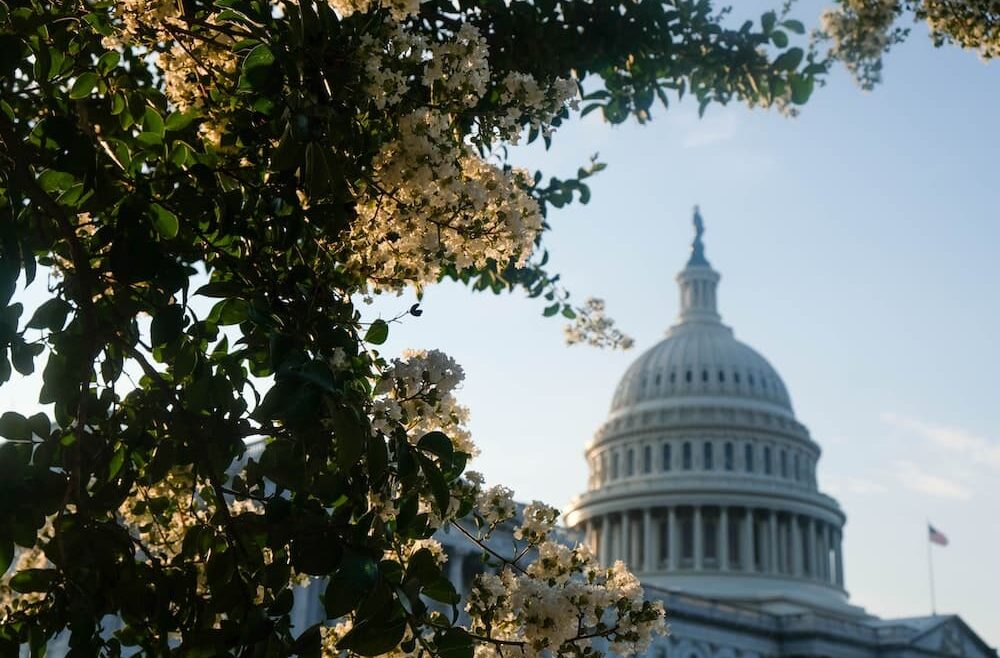On February 14, America’s Credit Unions along with five other organizations, submitted a letter to the Chairman of the House Committee on Financial Services Senator French Hill (R-Ark.).
The four-page letter urges Congress to nullify the CFPB’s overdraft rule by means of the Congressional Review Act, which allows policies to be overturned within six months of being passed. The rule would cap overdraft fees at $5 for all financial institutions, bank and credit union alike, with more than $10 billion in assets—an asset range that would affect twenty credit unions if it were to go into effect today (by Q4 2024 reported assets).
Joined by the Consumer Bankers Association, Independent Community of Bankers of America, Bank Policy Institute, American Bankers Association, and National Bankers Association, America’s Credit Union refutes the term “junk fees” coined by the previous administration, arguing the merits of overdraft protection.
“Overdraft protection services provide a needed form of short-term liquidity for millions of consumers who—following receipt of a consumer-tested disclosure—opt in to use the product to cover emergency or unexpected expenses that overdraw their accounts,” the letter states.
The letter goes on to further defend the practice as both a lawful and well-disclosed liquidity option for consumers. “Before the CFPB released its overdraft proposal, many financial institutions had proactively made changes to their overdraft programs to reflect competitive developments within the industry. These innovations include sending low balance alerts, imposing a de minimis threshold triggering an overdraft fee, capping total fees that the bank may charge per day, and providing overdraft “grace periods” during which a customer can make a deposit and avoid a fee. Additionally, some banks no longer charge overdraft or NSF fees, and many banks offer overdraft-free accounts that meet the Bank On initiative’s National Account Standards.”
Acknowledging that some institutions have been able to eliminate the fees altogether, the letter argues that a “one-size-fits government-mandated banking service” would be more harmful than letting the market and communities dictate policy.
Another argument is that by forcing the largest institutions to drop their fees, smaller community banks and credit unions will feel market pressure to do likewise, and these institutions depend more on that fee income to operate, leading to yet greater consolidation.
As of today, the rule will go into effect in October, though CFPB Acting Director Scott Bessent—also serving as Secretary of the Treasury—has filed a motion to delay the rule’s effective date until December 30.
































































